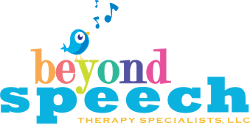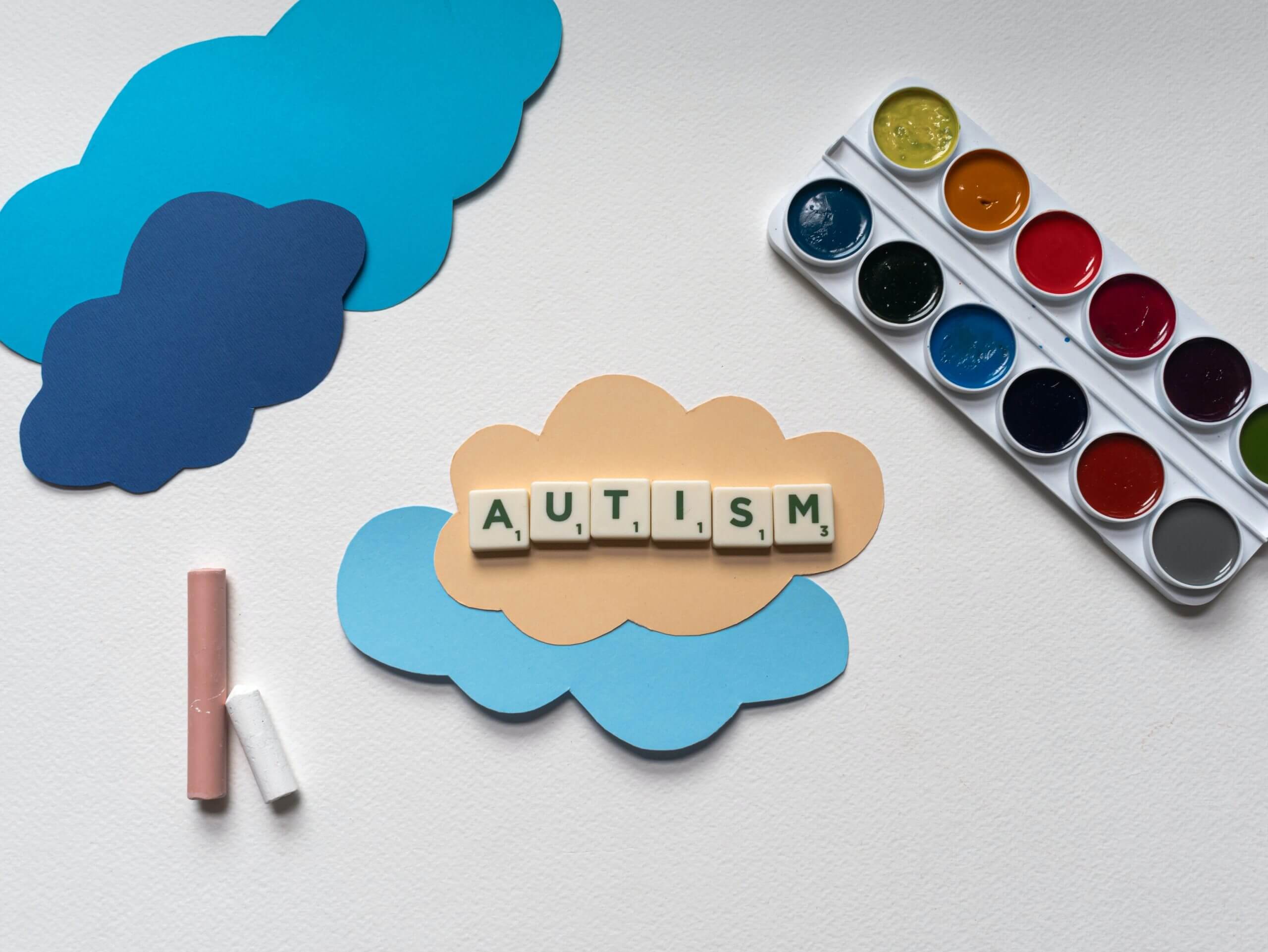Autism, also known as Autism Spectrum Disorder (ASD), refers to a broad range of conditions that can include, but are not limited to, challenges with social skills, speech, repetitive behaviors and nonverbal communication skills.
ASD can present differently for each person affected by it so the needs and support for each person can be just as varied. At Beyond Speech, we believe early intervention and family support is vital in creating the best possible outcomes as our kiddos with Autism Spectrum Disorder grow and develop.
It’s estimated that 1 in 44 children in the US are diagnosed with ASD. With this prevalence, it’s so important that families and caregivers have the resources, tools and guidance they need to support their children.
Early intervention begins with early awareness. As parents and caregivers, knowing and understanding the typical developmental milestones your child should be hitting will help you be able to recognize when there is a lack of skills or behaviors.
(Check out the Beyond Speech blog for more info on early developmental milestones.)
Early Signs of Autism in Children
It’s important to remember that because Autism encompasses such a broad spectrum of behaviors, each child with ASD will probably behave and present a bit differently than another child with the same diagnosis.
The age at which symptoms and signs present themselves can also vary from child to child – there could be signs as early as 6 months or not until age 2 or 3.
It’s also common for children without ASD to present some of these behaviors, this is why professional evaluation is so important. If you are concerned that your child is at risk, please speak with your pediatrician or reach out to us with questions or concerns.

Examples of general early Social skill challenges
- Makes little to no eye contact or cannot maintain eye contact
- Shows little response to a parent or caregiver’s smiles or other facial expressions
- Shows few facial expressions themselves
- May not respond to or look at an object presented by a parent or caregiver
- May not respond to their name being called but will respond to other sounds
- Generally won’t try to engage with parents or caregivers
Examples of general early Communication skill challenges
- No single words used by 15 months and very few meaningful two-word phrases by 24 months
- Less likely to point to objects they want or indicate needs
- Less likely to initiate a conversation or continue with conversation when engaged
- Shows little interest in communicating in general
- Repeats exact words or sounds without understanding meaning or context
- May lose language or other communication skills between 15 and 24 months as part of a regression
Examples of general early Behavior challenges
- May engage in repetitive behaviors – i.e. hand flapping, rocking, swaying, persistent toe walking.
- May be highly sensitive to smells, sounds, lights, different textures and/or physical touch
- May have a few select activities that they obsessively engage in throughout the day
- May be very resistant or upset by changes in routine or schedules
- Seems to have very little fear or will not cry when in pain
- Has an unusual eye gaze; looks at things from an unusual angel
- Has little to no interest engaging with children or sharing play
For infants and toddlers, possible signs of Autism could look like:
By 6 to 9 months
- Limited to no eye contact
- Few smiles or engaging emotions with parent or caregiver
- Little back and forth of sounds, sharing smiles or facial expressions
By 12 to 16 months
- Little to no babbling or back-and-forth gesturing – waving, pointing, etc.
- Little to no response to their name
- Very few or no words
By 24 months
- Very few or no meaningful two-word phrases
- Shows no interest in engaging with parents, caregivers or other children during play
Just like the children themselves, Autism can look so very different for each kiddo. This also means that the level of intervention and support needed will vary from child to child.
A diagnosis of ASD, while overwhelming and possibly a bit scary, doesn’t have to be a lonely journey. With the right resources and guidance in place, you and your family will be ready to support your child each step of the way.
If you’re concerned at all, speak with your doctor, reach out to us at Beyond Speech and know that you’re not alone!
For more information of Autism Spectrum Disorder check out these great resources: Autism Resource Guide

